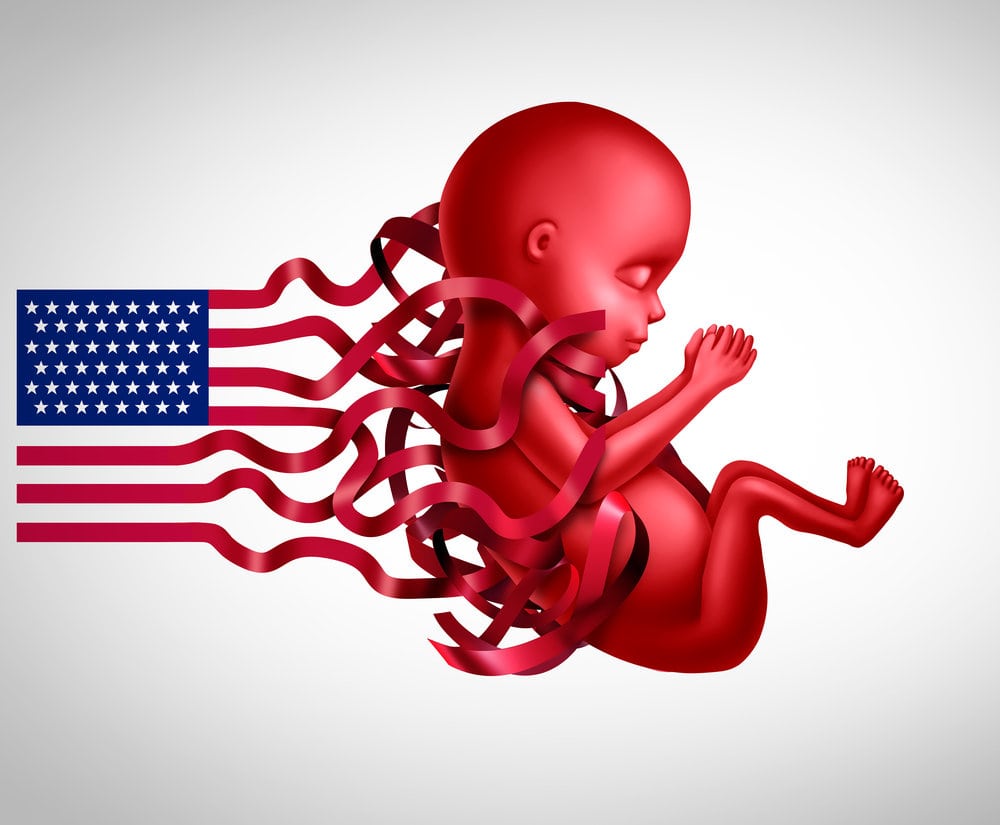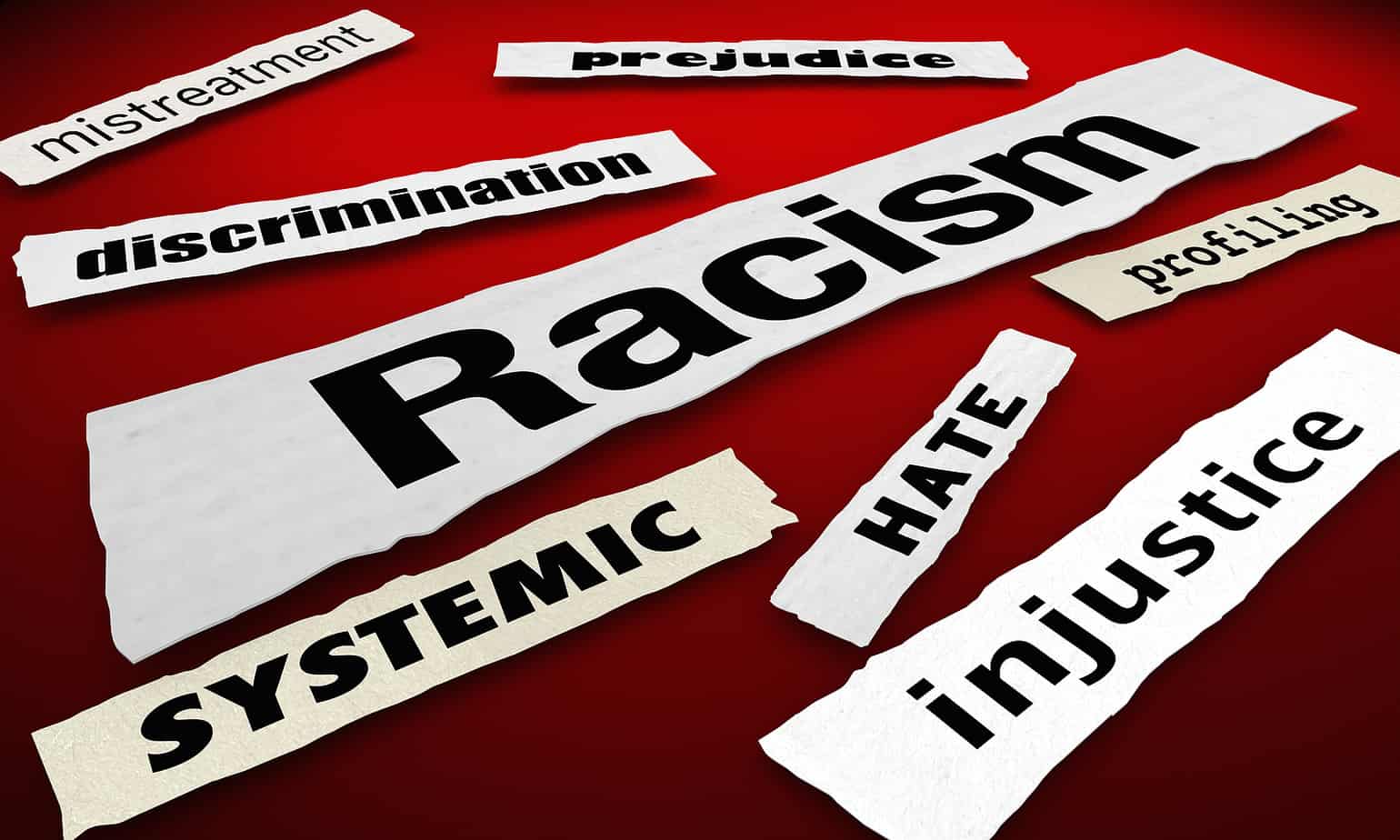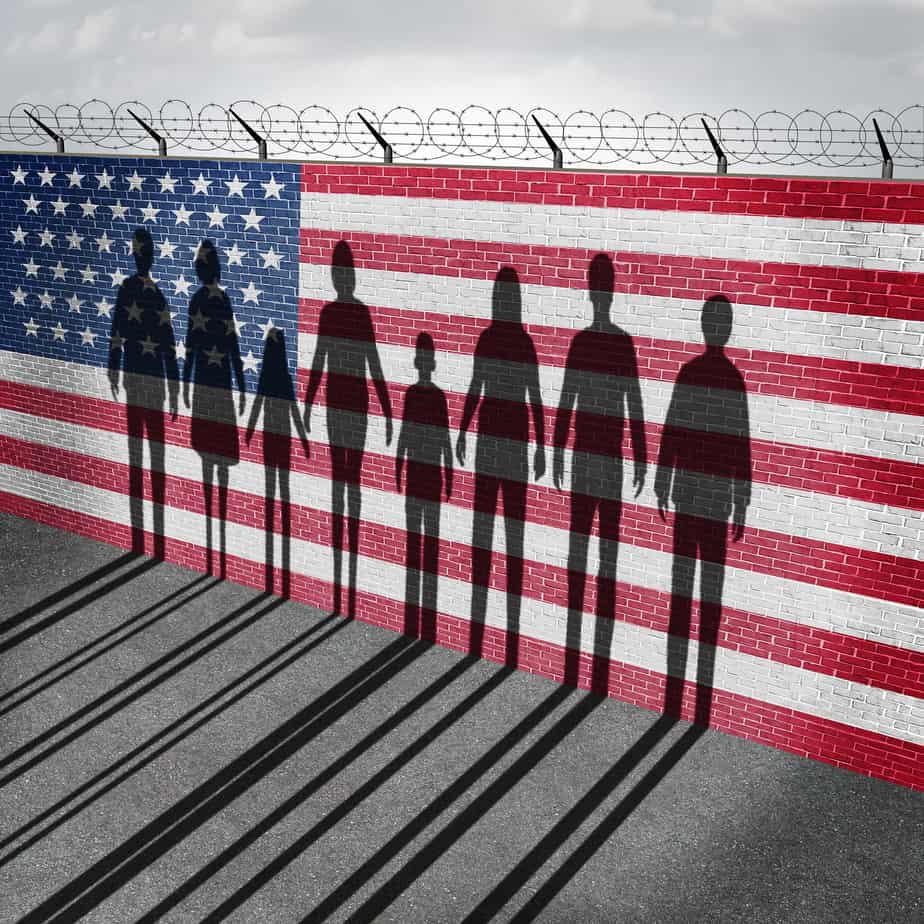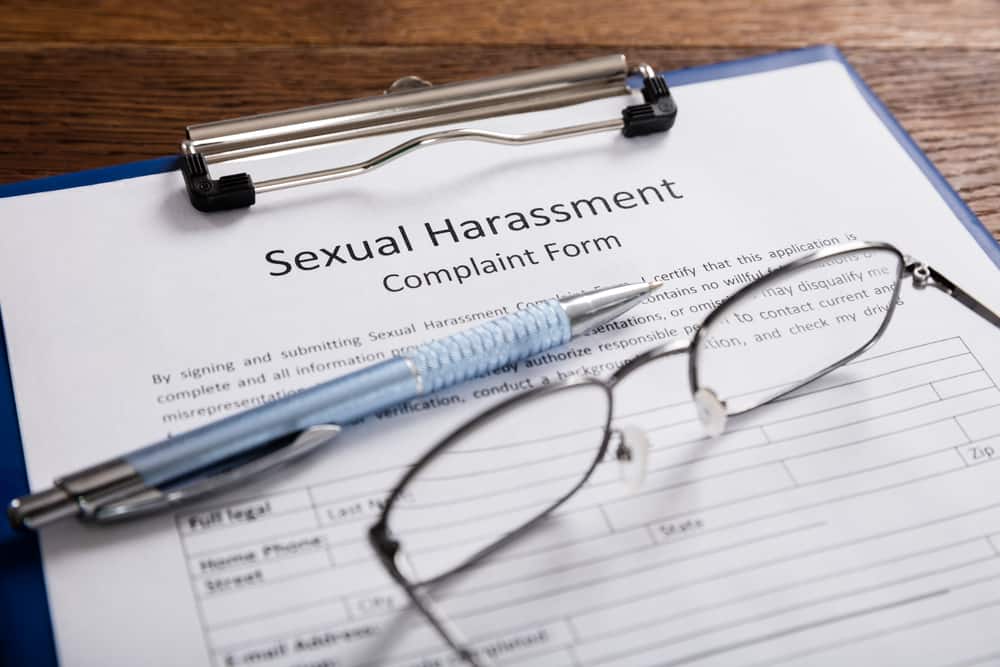South Carolina has a complex history when it comes to abortion laws. The state has traditionally imposed strict regulations on the procedure to limit access. Abortion in South Carolina is legal up to 22 weeks gestation, but recent developments have shaken the foundation of these existing laws, igniting intense political debates and legal challenges.
In May 2023, Governor Henry McMaster signed the controversial Fetal Heartbeat and Protection from Abortion Act into law, which bans abortions after fetal cardiac activity is detected, typically around six weeks into the pregnancy.
This new legislation faced immediate legal resistance, leading to an indefinite block on the ban by the court, followed by the South Carolina Supreme Court ruling the ban unconstitutional under the right to privacy.
The ongoing legal and political struggles surrounding abortion laws in South Carolina have implications for women, healthcare providers, and the overall political climate in the state.
Key Takeaways
- South Carolina’s new law banning abortions after six weeks gestation faced legal challenges and was ruled unconstitutional.
- The Fetal Heartbeat and Protection from Abortion Act ignited intense political debates and raised concerns about access to safe, legal abortions.
- The ongoing struggle over abortion laws impacts women, healthcare providers, and the political climate in South Carolina.
South Carolina Abortion Law Overview
South Carolina’s abortion law has garnered significant attention, sparking heated debates and controversial discussions. This legislation has the distinction of being one of the most restrictive in the nation. Mainly, the law limits abortions to as early as six weeks into a pregnancy, when many individuals are unaware they’re pregnant.
In February 2023, South Carolina’s governor, Henry McMaster, signed this restrictive bill into law. As a result, South Carolina joined a growing list of states imposing tight abortion restrictions. It’s worth noting that a South Carolina judge temporarily blocked the new abortion restrictions from going into effect shortly after being signed by the governor.
According to South Carolina’s Code of Laws, Title 44, Chapter 41, abortions become a criminal act apart from a few exceptions. Some exemptions include when the abortion occurs during the first trimester of pregnancy and is performed with the pregnant woman’s consent, under her attending physician’s professional medical judgment.
Notably, the South Carolina Supreme Court affirmed that abortion is somewhat protected under the South Carolina Constitution in January 2023. This ruling established essential guidelines for understanding and interpreting the state’s abortion laws.
In summary, South Carolina’s abortion law has undoubtedly caused a stir in the state and nationwide discussions. Its strict limitations and specific guidelines continue to shape South Carolinians’ lives, and the associated legal implications are still unfolding.
The Fetal Heartbeat and Protection from Abortion Act
South Carolina’s Fetal Heartbeat and Protection from Abortion Act is a significant piece of legislation that has led to considerable debate and discussion across the state. The crux of the action revolves around a fetal heartbeat, an early sign of life in a fetus or embryo.
In essence, the law establishes a six-week abortion ban in South Carolina. This restriction comes into play once cardiac activity is detected in a fetus or embryo, which often occurs around six weeks after conception, although it may vary. Recognizing such a crucial milestone, the act places a considerable emphasis on preserving life at this stage.
Governor Henry McMaster proudly signed Senate Bill 474, giving this contentious act legal power. The Fetal Heartbeat and Protection from Abortion Act significantly restrict the legal window for women and medical professionals to seek and perform abortions, respectively. Its gravity has led to clashes between pro-life and pro-choice advocates as they grapple with the implications of such a law.
One point to note is that the act does provide certain exceptions in specific cases. For example, abortions may still be allowed in instances of rape, incest, or severe threat to the pregnant woman’s life. However, these exceptions do not remove the overarching theme of protecting the unborn life as soon as the fetal heartbeat is observed.
South Carolina’s Fetal Heartbeat and Protection from Abortion Act has significantly changed the state’s abortion laws. With a focus on banning abortion as early as six weeks (before many women know they are pregnant), the act has stirred passions on both sides of the abortion debate.
As the law continues to evolve and impact the state, time will reveal its implementation’s full implications and consequences. A federal judge immediately blocked the law as litigation commences.
Exceptions and Restrictions
Surprisingly enough, South Carolina recently made the bold decision to approve a total abortion ban, but with some essential exceptions in place. The intricacies of this law can be overwhelming, but don’t worry – let’s dive in together and uncover the specifics of these Exceptions and Restrictions!
First and foremost, the state lawmakers had the foresight to include exceptions for pregnancies caused by rape or incest. Thankfully, these compassionate allowances grant some reprieve to women experiencing these traumatic situations. Despite the near-total ban, at least South Carolina acknowledges that certain circumstances require much-needed flexibility.
Understandably, the bill has received intense media coverage and sparked widespread debate. The South Carolina House of Representatives passed legislation prohibiting nearly all abortions at every stage of pregnancy. Having these exceptions shows that the state is aware of the moral complexities involved in the issue.
One crucial aspect is the temporary block on the state’s new abortion restrictions. A judge temporarily halted their implementation just a day after they were signed into law. This pause speaks to the ongoing tug-of-war between lawmakers and the medical community and the fierce ideological divide surrounding the concept of reproductive rights.
In response to this ever-evolving situation, South Carolina’s supreme court wasted no time in ruling the state’s six-week abortion ban as unconstitutional. This pivotal ruling brings into question the future of South Carolina’s abortion law and may open the door for further legal challenges.
So there you have it! Although South Carolina has enacted a near-total abortion ban, exceptions for rape and incest offer a glimpse of understanding in an unforgiving landscape. And with recent legal obstacles emerging, it’s clear that the conversation surrounding abortion rights in South Carolina remains far from over.
Legal Challenges and Controversies
South Carolina’s new abortion law, banning abortions after six weeks of pregnancy, ignited instant legal challenges and controversies. This bold move certainly sparked heated debates amongst both its supporters and opponents. Surely, this contentious law had its day in court.
Initially, a federal judge issued a temporary restraining order on the law upon its signing, giving the state Supreme Court enough time to scrutinize the measure. And so they did. Following a thorough review, the South Carolina Supreme Court voiced the concerns raised by the law’s challengers. In January 2023, it dramatically struck down the six-week ban, declaring it unconstitutional. In response, lawmakers implemented this new law which is now working its way through the courts.
The court’s decision, based on the state’s constitutional right to privacy, reverberated throughout the nation. It reopened intense discussions about the fate of other restrictive abortion laws currently being challenged. Undoubtedly, the Roe v. Wade landmark decision still echoes strongly in this ongoing conversation.
Support for the challengers burgeoned as well. A coalition of 20 states and Washington D.C. threw their weight behind the legal challenge, arguing against the restrictive law. This outpouring of support spotlighted the shared concerns regarding equal protection and constitutional rights in legal abortion.
In this heated battle for reproductive rights, the ultimate consequences of South Carolina’s abortion law and subsequent legal controversy remain uncertain. What’s evident, though, is that the complexities of this issue are far from settled and will continue to attract attention and debate from all corners of the country.

Political Perspectives and Implications
South Carolina’s recent abortion law has undoubtedly stirred up strong opinions and heated debates among state lawmakers. Republicans, who hold the majority in the General Assembly, have been pushing for the bill, confident in their pro-life stance.
On the other hand, Democrats have fiercely opposed the legislation, advocating for greater abortion access for women, aligning with their party’s crucial goal in protecting reproductive rights.
The abortion bill delineates a significant milestone for the GOP in the state legislature. They’ve managed to advance the legislation through the state senate and the General Assembly. Consequently, their steady progress reflects the Republican-controlled nature of the decision-making process, shaping the outcome to align with their agenda.
Interestingly, the process leading up to the bill’s approval had support from the governor, which only served to reinforce the dominant influence of the Republican party. State senate members and the governor sustained the notion that voting in favor of this six-week abortion ban was of the utmost importance in preserving their pro-life values.
However, not all state lawmakers agreed on the bill’s specifics without some negotiation. Numerous amendments were proposed during the legislative process, indicating the complexity of discussing such a sensitive topic. Some considered these amendments as attempts to moderate and balance the bill, while others saw them as weakening their party’s unwavering stance.
Despite the apparent divide between Republicans and Democrats on abortion law, it’s essential to acknowledge the broader implications of such legislation. As the law stands, South Carolina will soon sport one of the nation’s most restrictive abortion statutes, limiting the options and autonomy of countless women affected by these decisions.
Yet, it’s impossible to predict the future as the political landscape evolves. State lawmakers have a responsibility to balance their personal beliefs with the needs and desires of their constituents. Thus, in South Carolina and nationwide, the debate surrounding abortion access and reproductive rights remains polarizing and ever-changing.
Impact on Women and Healthcare Providers
The enactment of South Carolina’s 6-week abortion ban has significantly impacted women seeking reproductive healthcare services and the healthcare providers that work with them. Many women now face limited access to essential services, which can lead to unintended consequences on their lives, health, and economic well-being.
For women, especially those with unplanned pregnancies, the restrictive abortion laws have put them in a tough spot. In many cases, these women may not even realize they’re pregnant before the six-week deadline. Missed opportunities for abortion could result in a range of difficult circumstances, such as emotional distress or financial strain caused by raising an unintended child.
Furthermore, women from neighboring states often rely on South Carolina for reproductive health services when they’re unavailable closer to home. Still, the ban limits this option, putting additional stress on women across the region. This has far-reaching implications, as women struggling to access these essential services may be forced to carry their pregnancies to term or seek unsafe alternatives.
On the other side of this issue are healthcare providers like Planned Parenthood and private clinics offering abortions. With the 6-week ban, these organizations face potential legal consequences if they continue providing services beyond the timeframe. This greatly impairs physicians’ ability to practice without fear of punishment, giving them limited options to support their patients’ right to privacy and bodily autonomy.
In addition, the strict regulations could lead to the closure of many licensed abortion providers. This would not only impact those seeking abortions but might also have consequences for people who rely on these facilities for other crucial reproductive health services, such as contraception and cancer screenings. The limited availability of care puts patients’ lives at risk and strains an already stressed healthcare system.
Moreover, healthcare providers who violate abortion measures could potentially face severe penalties, like prison sentences. This harsh reality may deter new clinic openings, further restricting access to reproductive care. It also marks a notable infringement upon the rights of healthcare professionals to practice medicine without fear of unwarranted punishment.
In summary, South Carolina’s stringent abortion laws have substantially impacted both women seeking vital reproductive care and the healthcare providers that support them. As access to essential services dwindles, and restrictions intensify, the long-term consequences affecting the well-being of countless individuals can become more profound and widespread.
Comparisons with Other States
South Carolina has experienced a significant decline in abortion rates, with a 17% decrease between 2014 and 2017. This puts the state at 5.3 abortions per 1,000 women of reproductive age, accounting for 0.6% of all abortions in the United States. But how does South Carolina’s abortion law fare compare to its neighboring states like North Carolina, Florida, and Virginia?
In recent years, states across the Southeast have implemented various restrictions on abortion. For instance, South Carolina banned abortions past six weeks of pregnancy. This restrictive legislation is even more stringent than in some other Southeastern states, as many women may not be aware of their pregnancy by that point.
Down in Florida, the state requires a woman to wait a mandatory 24-hour period after receiving state-directed counseling before she can go through with the abortion. This waiting period is not required in South Carolina, showcasing a slight difference between the two states’ abortion laws.
The contrast becomes even more evident when we glance further north to Virginia. In 2020, Virginia made significant strides in easing certain restrictions, such as the mandatory 24-hour waiting period, the requirement to undergo an ultrasound, and the provision of biased counseling. This marked shift towards more access and fewer restrictions sets Virginia apart from its southern neighbors.
The recent changes in state abortion laws have prompted reactions from various organizations and political figures. For example, Planned Parenthood South Atlantic has been a vocal advocate for preserving reproductive rights, especially in states with tighter restrictions like South Carolina. Furthermore, the White House Press Secretary, Karine Jean-Pierre, has expressed the Biden administration’s commitment to ensuring abortion access for all women nationwide.
In conclusion, South Carolina’s abortion law is relatively more restrictive when compared to other states in the Southeast, particularly Virginia. Despite the varied approaches by different states, organizations, and political figures, the ongoing struggle to balance access and restriction continues to shape the landscape of abortion laws in the United States.
States With Severe Abortion Restrictions
Here is a list of states where abortion is severely restricted, along with some details on each:
- Mississippi: In 2022, Mississippi passed a near-total ban on abortion with an exception for cases where the mother’s life is in danger. The ban also includes exceptions for medical emergencies but not for rape or incest.
- Alabama: In 2019, Alabama passed a near-total ban on abortion with no exceptions for rape or incest. The ban includes exceptions for cases where the mother’s life is in danger.
- Arkansas: In 2022, Arkansas passed a near-total ban on abortion with exceptions for cases where the mother’s life is in danger or where the pregnancy results from rape or incest. The ban also includes exceptions for medical emergencies.
- Georgia: In 2022, Georgia passed a six-week ban on abortion, which bans most abortions after early cardiac activity can be detected in a fetus or embryo. The ban includes exceptions for cases where the mother’s life is in danger or the pregnancy results from rape or incest.
- Kentucky: In 2019, Kentucky passed a law banning abortions after six weeks of pregnancy, with no exceptions for rape or incest. A federal judge later blocked the law.
- Missouri: In 2022, Missouri passed a trigger law that bans most abortions if Roe v. Wade is overturned. The law includes exceptions for cases where the mother’s life is in danger, but not for rape or incest. The state also has a 72-hour waiting period for abortions and requires patients to receive state-mandated counseling that includes information about the supposed risks of abortion.
- Oklahoma: In 2021, Oklahoma passed a law banning abortions after six weeks of pregnancy, with no exceptions for rape or incest. A federal judge later blocked the law.
- South Carolina: In 2023, South Carolina passed a law banning most abortions after early cardiac activity can be detected in a fetus or embryo, commonly as early as six weeks into a pregnancy. The law includes exceptions for cases where the mother’s life is in danger the pregnancy results from rape or incest.
- Texas: In 2021, Texas passed a law banning abortions after six weeks of pregnancy, with no exceptions for rape or incest. The law also allows private citizens to sue anyone who aids or abets an abortion, including drivers who take patients to clinics.
It’s worth noting that the legal landscape around abortion constantly changes, and the details of these laws may evolve over time.
Enforcement and Penalties
South Carolina’s abortion laws outline strict enforcement and penalties to deter individuals from violating the regulations. Lawmakers have crafted these laws to ensure that everyone involved in the abortion process adheres to the state’s expectations, thereby preserving the life and rights of the unborn.
In the Palmetto State, abortions are considered criminal unless performed under specific circumstances, such as during the first trimester of pregnancy, with the pregnant woman’s consent and by her attending physician, who determines the abortion is necessary for the woman’s well-being. Otherwise, abortion providers and individuals who aid in terminating pregnancy could face legal action.
Regarding fetal cardiac activity, South Carolina legislators have set the bar by prohibiting abortions if a detectable fetal heartbeat is present. Fetal anomalies are not considered exceptions, making the law even more stringent. This policy is intended to safeguard the child and prevent unjust termination.
Law enforcement and the judiciary are critical in upholding these restrictions and penalizing those who fail to comply. When a violation is reported, a thorough investigation commences to determine the legitimacy of the complaint and to ensure proper legal procedures are followed.
Offenders could face various penalties, including fines and even felony charges for those engaging in illegal abortion procedures. Additionally, practitioners involved in terminating pregnancies without following the required guidelines may even lose their medical licenses, adding further consequences to their actions.
In rare and extreme circumstances, a judge could impose the death penalty for the unlawful termination of a pregnancy. However, cases like these are few and far between, typically reserved for instances where the abortion provider has demonstrated a blatant disregard for human life.
Exceptions to the law include cases in which the pregnancy results from a molar pregnancy and where the termination is deemed necessary to protect the life or health of the pregnant woman. In such instances, the legislation offers some leniency, and penalties may not be as severe.
It’s crucial to note that lawmakers are always ready to reconvene in a special session to review the status quo and evaluate any changes necessary to the existing abortion laws. This demonstrates the importance and sensitivity of these matters and the desire to balance the interests of the unborn and the well-being of pregnant women.
In conclusion, South Carolina’s abortion laws are enforced firmly, and penalties for non-compliance can be severe. From fines to potential loss of medical licenses and even felony charges, those violating these laws face stringent consequences.



